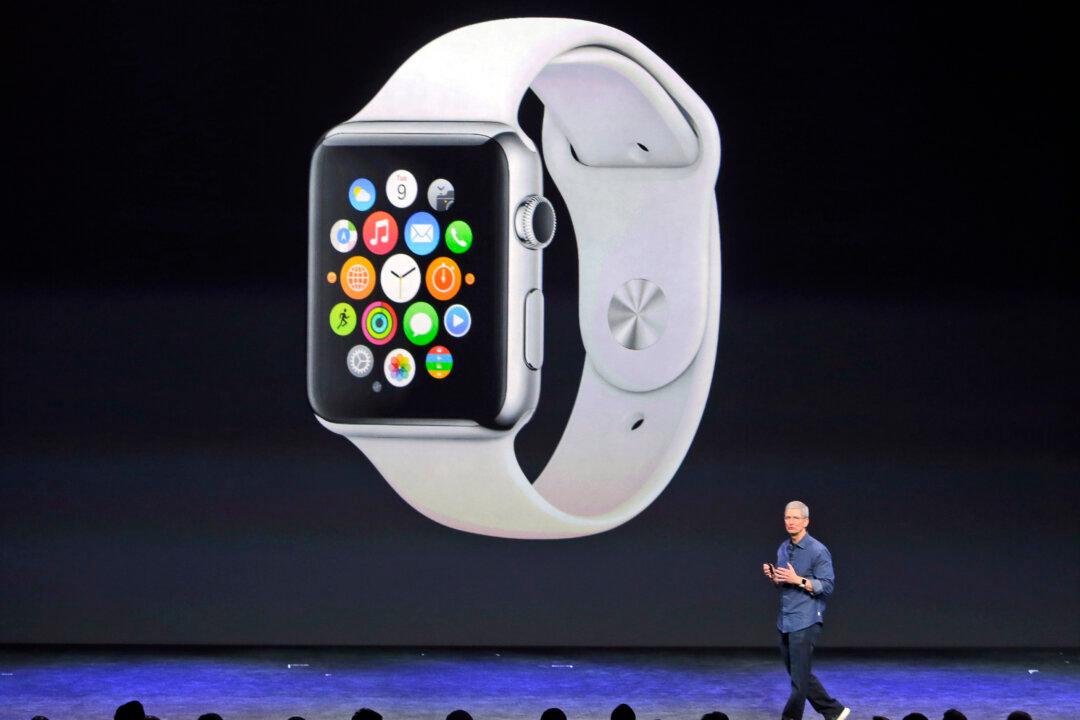To adblock or not to adblock? It seems the mobile web is reaching a turning point as the effects of the huge numbers of adverts and advertising trackers and widgets embedded in web pages become better understood.
At the same time an approach that sells itself on offering a far more streamlined mobile web is emerging: first Facebook’s Instant Articles, then Apple News – and now the Google-led consortium developing Accelerated Mobile Pages (AMP).
AMP frames the problem with mobile adverts as one of speed. Whereas an average web page takes around eight seconds to load, web pages built with AMP can be so quick as to feel nearly instant – you can even try them out on mobile. In an obvious and useful move, content will load before ads. Google makes a show of having done this, because generally the experience of reading content online still leaves a lot to be desired. And readers, with little patience, will abandon content that takes too long to arrive.
AMP speeds up browsing by serving only “lightweight web pages“, which limit the number of HTML and CSS elements and Javascript code and can consequently be downloaded, parsed and displayed by the browser more quickly. Unlike Apple’s iAds for Apple News which has strictly specified formats, publishers are still able to use a range of ad formats, ad networks and technologies – so long as the user’s experience is not affected.
It’s no surprise that Google has focused on speed over intrusiveness. After all, the firm is the world’s largest advert broker, relying upon advertising for the vast majority of its income . On the other hand Apple is making good mileage by maintaining a distant, sometimes hostile, stance towards advertisers. In a tirade obviously aimed at Google, Apple boss Tim Cook railed against companies that scour and collect their users’ personal information in order to monetise it.
These moves from each of these three tech giants are part of a clean-up operation that’s been seen as necessary by a great number of those working in the online advertising business – including advertisers, agencies, networks, publishers and long-suffering consumers.
Even Randall Rothenberg, CEO of the Internet Advertising Bureau, the trade association that represents the digital advertising industry, admitted in an interview with the Wall Street Journal: “We have definitely, definitely over time gummed up the advertising experience and web pages with all kinds of analytics”.


